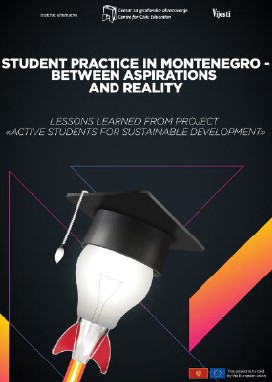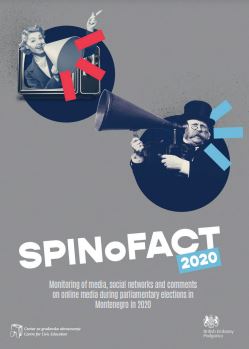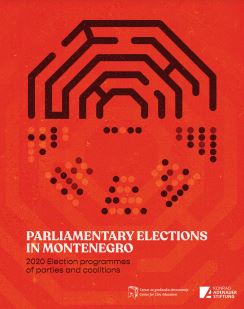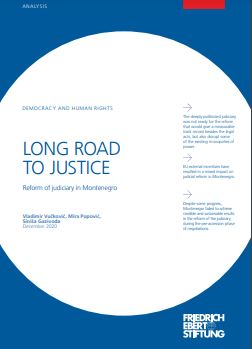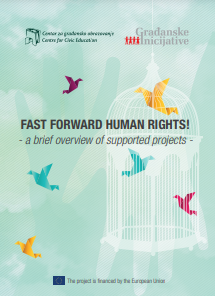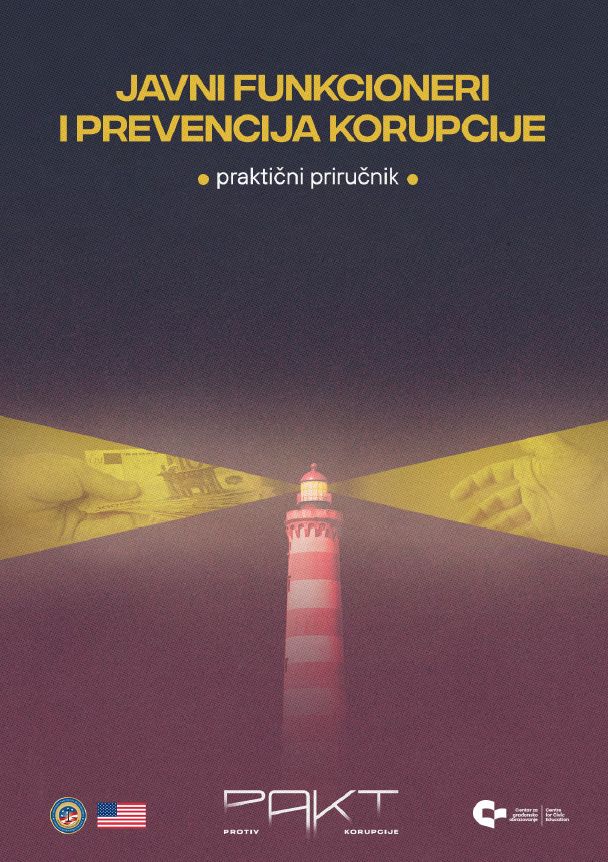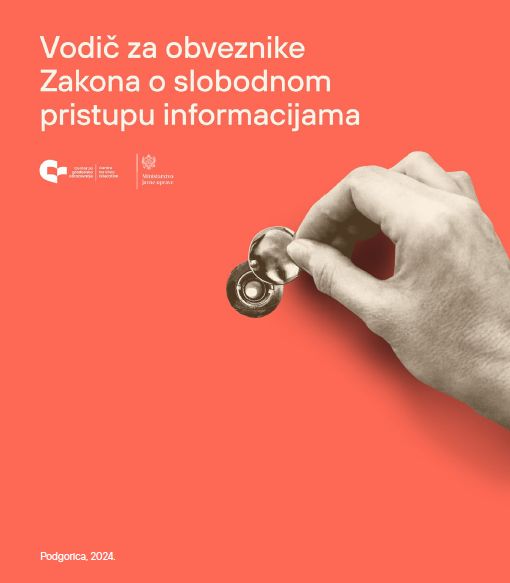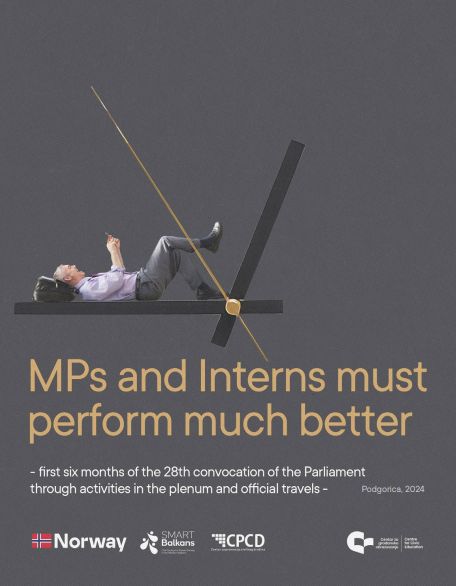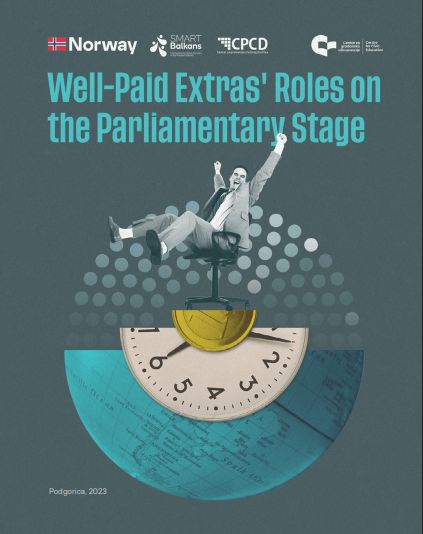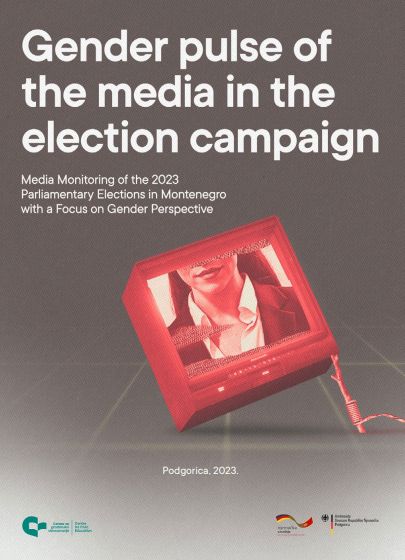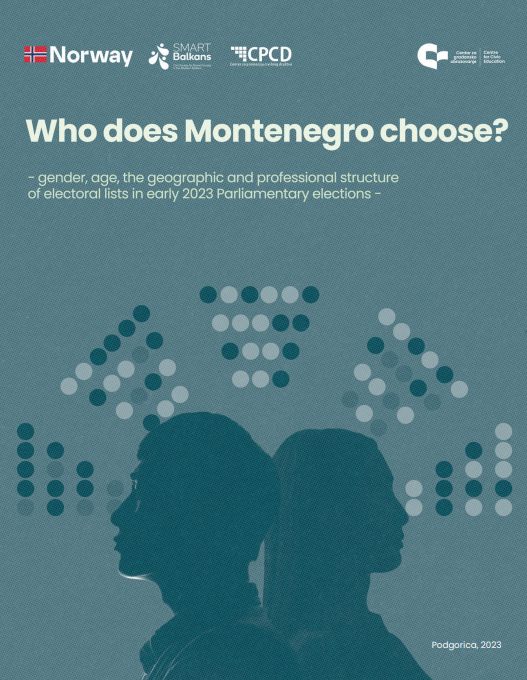SPINoFACT 2020 - Monitoring of media, social networks and comments on online media during parliamentary elections in Montenegro in 2020
Author(s): Danijel Radević,Jelena Mijanović,Jelena Jovanović Marović,Dejana Ponoš,Vesna Rajković Nenadić,Radoš Mušović / Language(s): English
Keywords: Montenegro; media; marketing; politics; monitoring; 2020; online media;
The recently concluded parliamentary elections in Montenegro have brought a series of specificities to the election campaign. Instead of party rallies and door-to-door campaigns, the election race has largely shifted to traditional and new media. Thus, share and like have become a dominant feature of that competition, which was coloured by identity issues and emotional charge. In such an environment, the electoral lists marginalized specific economic programmes, issues of living standard of citizens, specific measures to combat corruption and fight against organized crime, and many other important topics. The two opposing narratives of “endangerment of the state” and “defence of the shrines” have suppressed also both the global threat of the COVID 19 virus pandemic and the worrying economic perspective. The media scene in Montenegro is deeply polarized and this rift is reflected in media coverage of the activities of political entities. Perhaps the most noticeable one daily was via front pages of the printed media, which were almost fan-edited. There was almost no media that reported neutrally and objectively on a certain electoral list, excluding the minority parties towards which a special kind of sensibility was expressed. The list „Decisively for Montenegro – DPS“ was represented in the media more than the three thus far opposition lists together („For the Future of Montenegro“, „Peace Is Our Nation“ and „Black On White“). At the same time, the DPS was the most attacked party, which is logical having in mind that it acted from the position of the government. Once again, the strong involvement of state officials in the campaign was not lacking, which the OSCE Monitoring Mission stated in its preliminary report as an „institutional advantage“. This was supported by the research of the Centre for Civic Education(CCE) through the analysis of media appearances of state officials who used these positions to promote the programmes of their parties and lists. Instead of changing the channel, the citizens of Montenegro preferred to click and scroll, and this is supported by the fact that over 65% of announcements about the elections were on online media, and the remainder on television and in printed media. However, the power of television as a still influential medium among the middle and older generation should not be neglected. Worrying, however, is the trend that approximately 50% of the analysed articles on online portals has had readers’ comments of controversial content, and there were examples that all comments on a certain text contained controversial content - from severe insults to hate speech. The comments comprise of insults to persons on national and gender grounds, but also insulting insinuations on personal grounds. Recently adopted legal solutions, following the initiative of the CCE, concerning comments on online media, must come to life in order to decontaminate the space of online comments from inappropriate content. In this election, Facebook has become perhaps a key arena where the battle for votes is taking place. Announcements have become more creative compared to all previous statements, and there is a visible greater investment in this form of political marketing. In particular, the growing influence of MEME pages is visible, which have openly classified themselves politically and have become agitators of certain political options. CCE has been monitoring election campaigns in the media for several election cycles, and this time on social networks as well and through comments from readers on portals. The objective of the project “SPINoFACT - monitoring of parliamentary elections in Montenegro 2020” is to contribute to the democratization and Europeanization of Montenegro by strengthening professional and independent media coverage. More precisely, the objective is to contribute to the fact-based informative value of media coverage of political campaigns and better informing citizens about the election offer for the 2020 parliamentary elections. We owe a special gratitude to the Embassy of the United Kingdom in Montenegro, which recognized the importance of this topic and supported it through the implementation of this project.
More...
